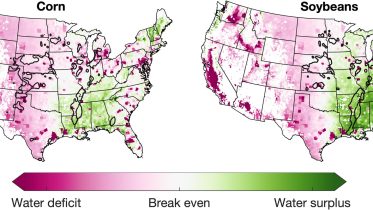Get the latest Science News and Discoveries
Climate change boosts olive tree-devouring bacteria in the Mediterranean - EurekAlert
Xylella fastidiosa, the deadly disease-causing bacterium that has already wiped out millions of plants of emblematic Mediterranean crops, like grapewines, olive-trees and almond-trees, by clogging their ducts and plant tissues, will get a boost from climate change in relevant wine-producing regions where the risk is low at present. Researchers at the Institute of Cross-disciplinary Physics and Complex Systems (IFISC), a joint centre of the Spanish National Research Council (CSIC) and the University of the Balearic Islands (UIB), have developed a new technique to characterize the risk of establishment of Pierce’s Disease, and using state-of-the-art climatic data, have obtained predictions about the future expansion of the disease under different scenarios posed by global warming. Researchers from the Institute of Physics of Cantabria (IFCA), a joint centre of the CSIC and the University of Cantabria, have collaborated in the work. These findings, recently published in a study in the scientific journal Scientific Reports, describe how an increase of more than 3 degrees in the planet's average temperature compared to preindustrial levels would be a "turning point in the risk" of establishment of the bacterium, which at present affects crops in coastal Mediterranean areas, spreading further north in Europe.
None
Or read this on Eureka Alert
